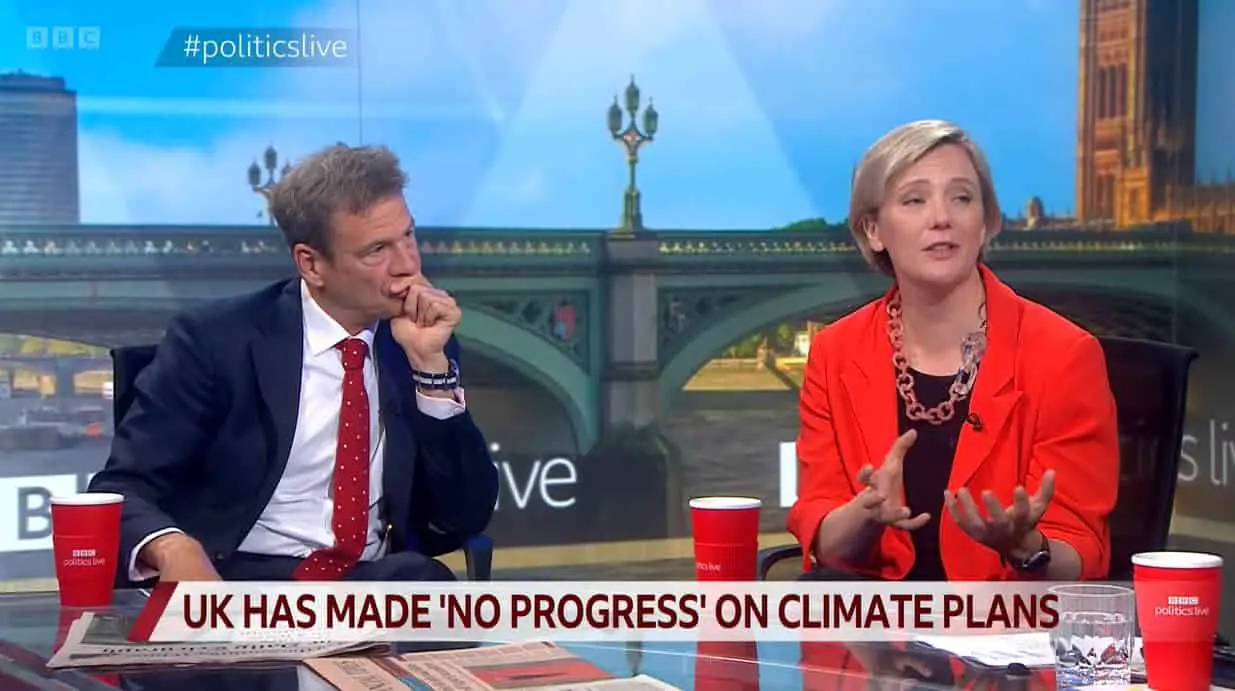Isle of Wight MP, Bob Seely, is one of 33 MPs who have signed a letter published in The Telegraph today criticising the UK Emissions Trading Scheme (ETS).
The UK ETS – a scheme to cap UK carbon emissions – covers energy-intensive industries (steel, paper, etc) , power generation, and aviation sectors. These are the same sectors covered by the EU system it replaced.
The scheme sets a cap (which reduces over time) on the total amount of certain greenhouse gases that can be emitted. If a company exceeds those caps they can either purchase allowances from other companies, or pay heavy fines.
Issues raised
The letter in The Telegraph claims that decarbonisation costs for those industries affected by the ETS “have spiralled in an unsustainable way”.
They claim that, “without immediate action, we risk further irreversible deindustrialisation of the economy”.
They say, “we now want the disproportionate carbon costs because of ETS to be recognised”.
Questions to Bob Seely
News OnTheWight wrote to Bob Seely with a series of questions including;
- Do you disagree with the findings of the IPCC Report on climate change on the urgent need to reduce emissions?;
- If you don’t want to use UK ETS to ensure businesses reduce their emissions, what do you propose to make businesses reduce their emissions?
- At the 2019 hustings in Newport, you said you believed that climate change is man-made – has that changed?
At time of publishing he’d yet to respond, but we will update once we hear back.
Seely: Net Zero “an arbitrary target”
There rarely seems to be a week goes by that Bob Seely is not on either national TV or radio.
Today saw his return to Politics Live, where during a discussion about the Government’s own advisors saying that no progress had been made on the climate plan, Bob said he believes that ‘Net Zero’ was “an arbitrary target”.
He said,
“It is important that we look after our environment well and push towards a much greener world – that we try to stick to our net zero targets – but we have to do it in a way that is common sensical.”
You can hear all Bob had to say on the subject by watching him on the BBC iPlayer (jump to 11.53, or watch from the beginning to hear his stance on water companies).
Image: © BBC





